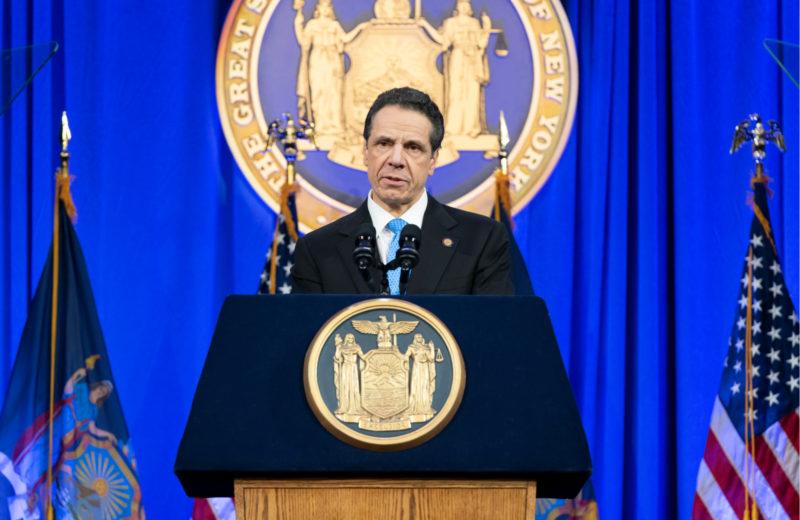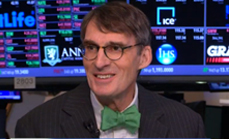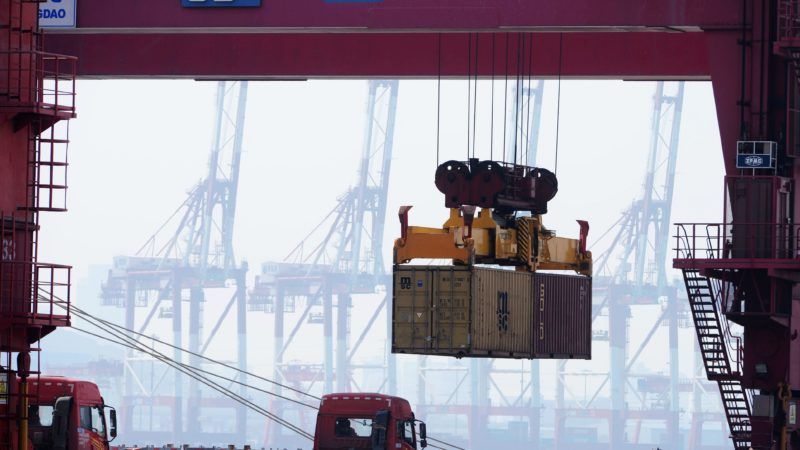1. EVERYONE has a bias. What makes us think these self-appointed "experts" are 100% objective?
2. Complex phenomena like the coronavirus tend to make everyone look bad, including the
experts. In fact, often times experts suffer from focus illusion, or tunnel vision, and can be worse than generalists in their predictions. (See the book 'Superforecasting.')
3. As long as there is scarcity, all problems are economic. The most efficient way to allocate scarce resources is through the marketplace. The worst way is by central planners. E.g., Stalin thought penicillin was a miracle drug. It became overused and ineffective.
4. People are not stupid. Everyone around me is weighing the risks and acting accordingly. If you're at risk, self-isolate. Unless infected people are breaking into your house, they are not infecting you. Businesses can also be creative, e.g. having senior hour at the grocery store. If allowed to operate, the marketplace will experiment.
5. Hiding under a rock is not an option. It risks certain death.
6. If the experts are so concerned about contagion, why allow any business activity at all? Why aren't they suggesting the grocery stores be shut down? Double standard.
7. People who gravitate to power love a crisis. "Never let a crisis go to waste." We need to be vigilant about giving up our freedoms at times like this.
8. If we allow state and local governments to shut down "non-essential" businesses, where do they draw the line? People need to eat, but they can't go to a restaurant? Yet fast food is ok. If gatherings around a table enjoying a meal are dangerous, why allow people to do this privately? Slippery slope.
9. Is government an essential business?
10. Shutting everything down will destroy wealth. Since money saves lives, people will die as a result. These deaths just won't be counted.
Kevin Duffy, Facebook post, March 24, 2020




















